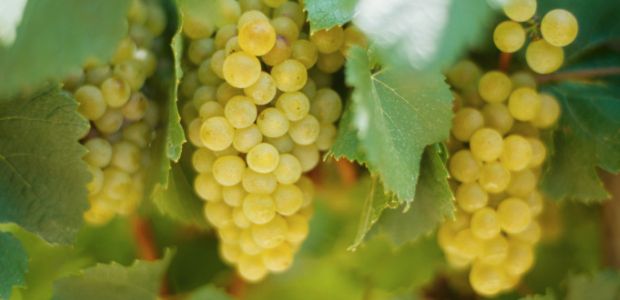Narince
 Narince is an indigeneous Anatolian grape variety originated in Tokat. Tokat is the transition zone where Black Sea climate ends and turns into continental climate. The soil here is composed of clay and sand with some pebbles. The vines used to be vinifera are grafted on American rootstocks and a high training system on wires has also been applied thanks to the Kavaklıdere's support in the process for 15-20 years. Narince grapes are also grown on the Anatolia tableland south of the mountains near the Black See shores. This region continues throughout the Yeşilırmak
Narince is an indigeneous Anatolian grape variety originated in Tokat. Tokat is the transition zone where Black Sea climate ends and turns into continental climate. The soil here is composed of clay and sand with some pebbles. The vines used to be vinifera are grafted on American rootstocks and a high training system on wires has also been applied thanks to the Kavaklıdere's support in the process for 15-20 years. Narince grapes are also grown on the Anatolia tableland south of the mountains near the Black See shores. This region continues throughout the YeşilırmakCitrus fruits (orange, grapefruit, lemon), pear, mineral (limy-earthy) and floral (white flowers) aromas are pronounced for Narince. Narince is an exceptional Anatolian white grape that can be maturedin oak barrels. Wine produced from the Narince grape has a richness, creaminess and good balance. The best examples are suitable for aging.
Emir
 Emir is an indigenous Anatolian grape variety grown in the region Nevşehir. There grapes are grown in volcanic soil in the micro-climate of the Kızılırmak basin, 900 meters above sea level.
Emir is an indigenous Anatolian grape variety grown in the region Nevşehir. There grapes are grown in volcanic soil in the micro-climate of the Kızılırmak basin, 900 meters above sea level.Wine produced from Emir has greenish pale yellow colour, high acidity, minerality and elegant aromas of apple, lemon and minerals. These grapes are quite suitable for making sparkling wine.
Bornova Misketi
 Bornova Misketi is originated in İzmir; variants are grown in Europe and are used to produce different styles of Muscat wine throughout the world.
Bornova Misketi is originated in İzmir; variants are grown in Europe and are used to produce different styles of Muscat wine throughout the world.Bornova Misketi is a thick skinned, medium sized and juicy, these grapes are grown around the city of İzmir. Bornova Misketi vineyards are usually goblet pruned where the soil is composed of clay and sand in the Mediterranean climate near the Aegean Sea.
The wine produced from this grape is distinctively aromatic including fresh flowers, bergamot, raisins and exotic fruits aromas.
Sultaniye
 Sultaniye is a fleshy, and seedless white grape and it is grown in Manisa and Denizli. Most of them used as table grapes or dried to make raisins in Turkey. Near Denizli, the soil is low fertile and composed of clay, sand and calcer. A goblet pruning system is used and the vines take the advantage of continental climate modified by proximity to the Mediterranean Sea.
Sultaniye is a fleshy, and seedless white grape and it is grown in Manisa and Denizli. Most of them used as table grapes or dried to make raisins in Turkey. Near Denizli, the soil is low fertile and composed of clay, sand and calcer. A goblet pruning system is used and the vines take the advantage of continental climate modified by proximity to the Mediterranean Sea.Wine produced from Sultaniye grapes have the potential to be delicious, fruity revealing aromas like apricot, peach, bananas and pineapples.